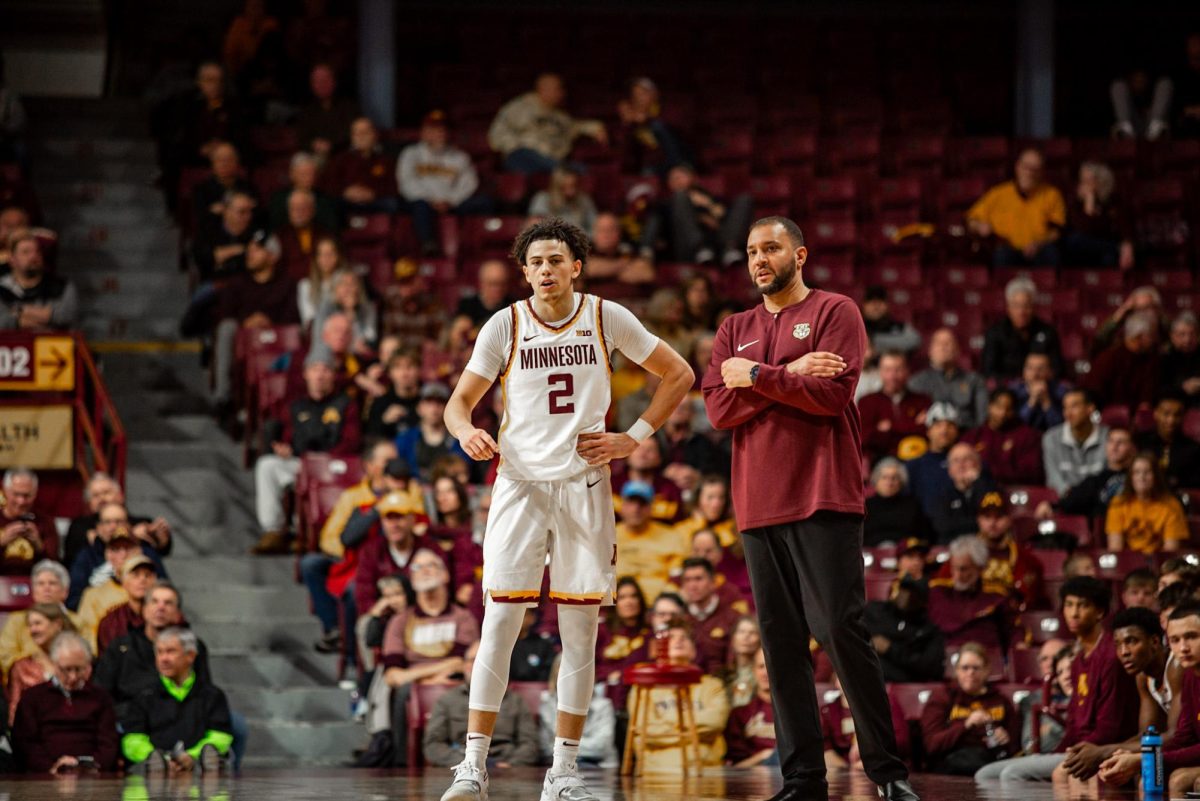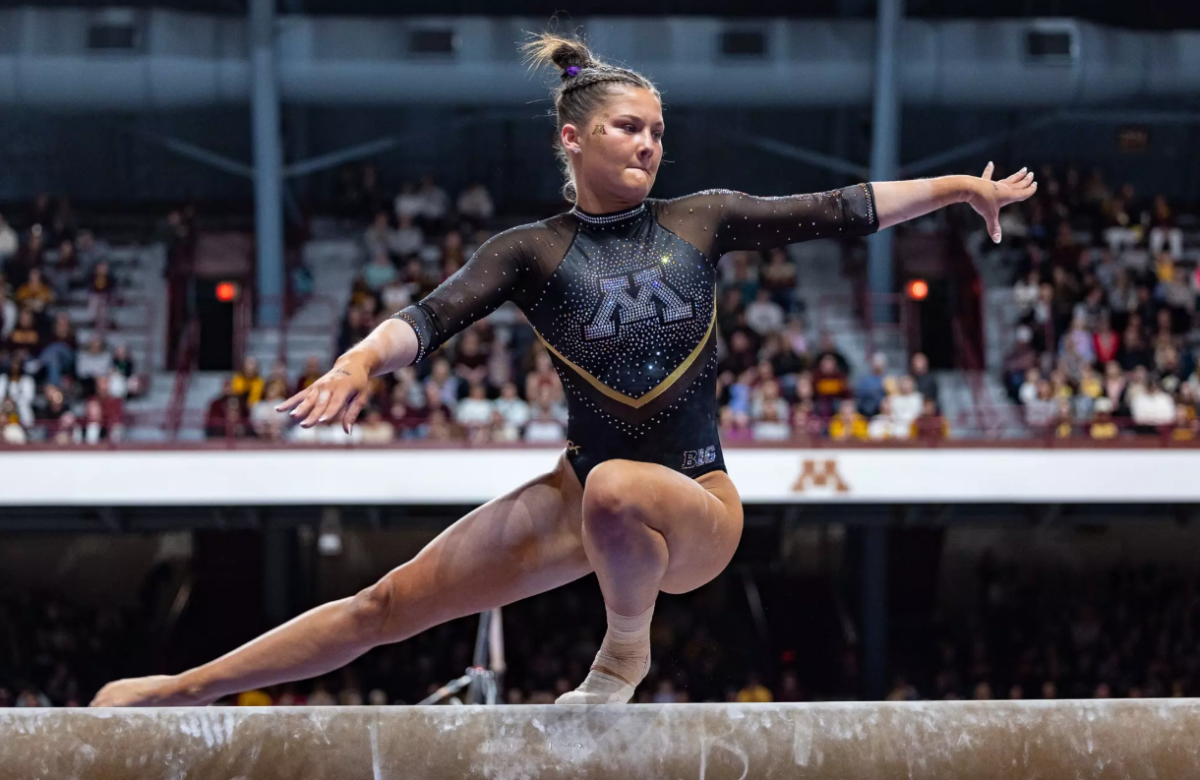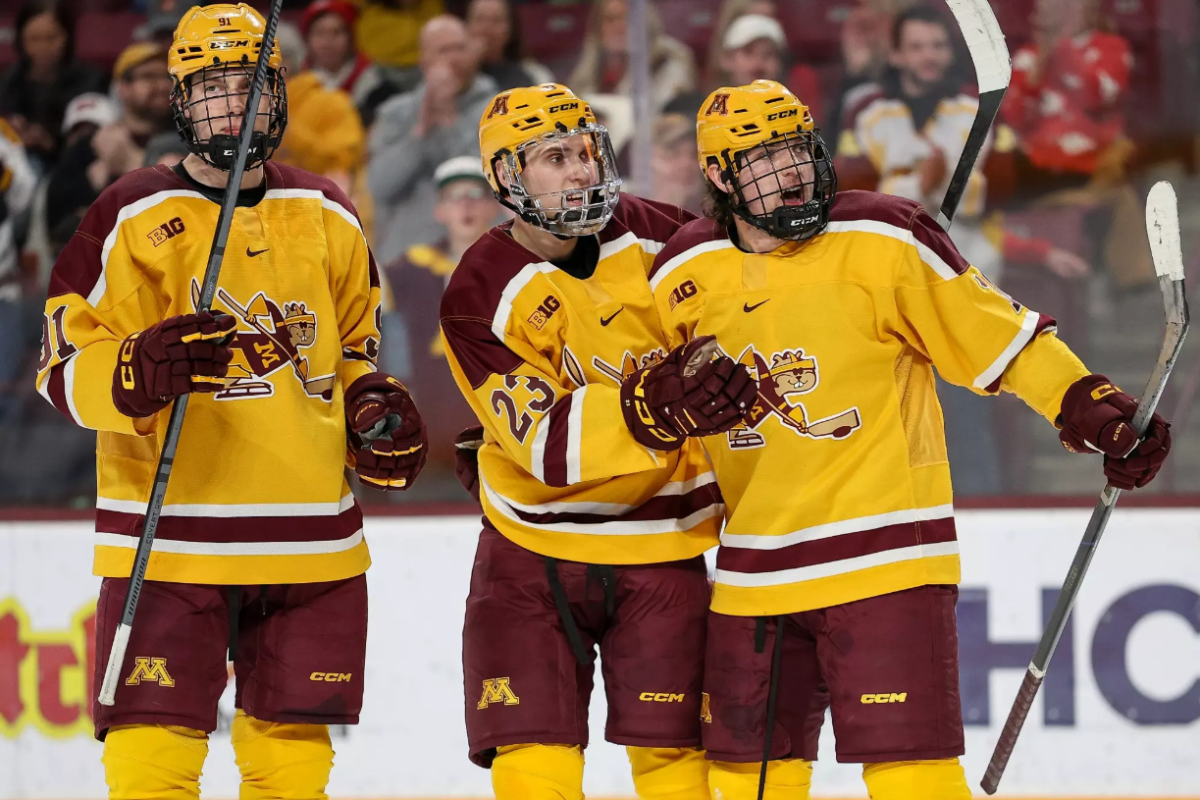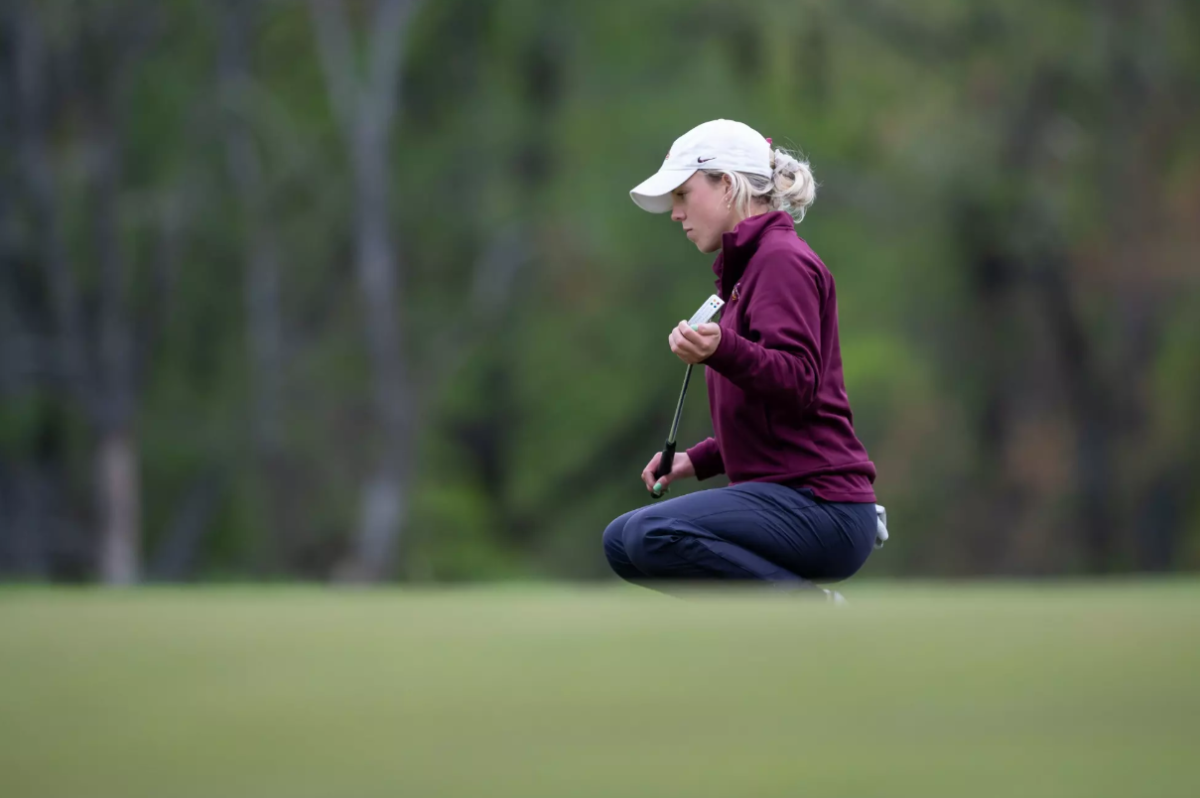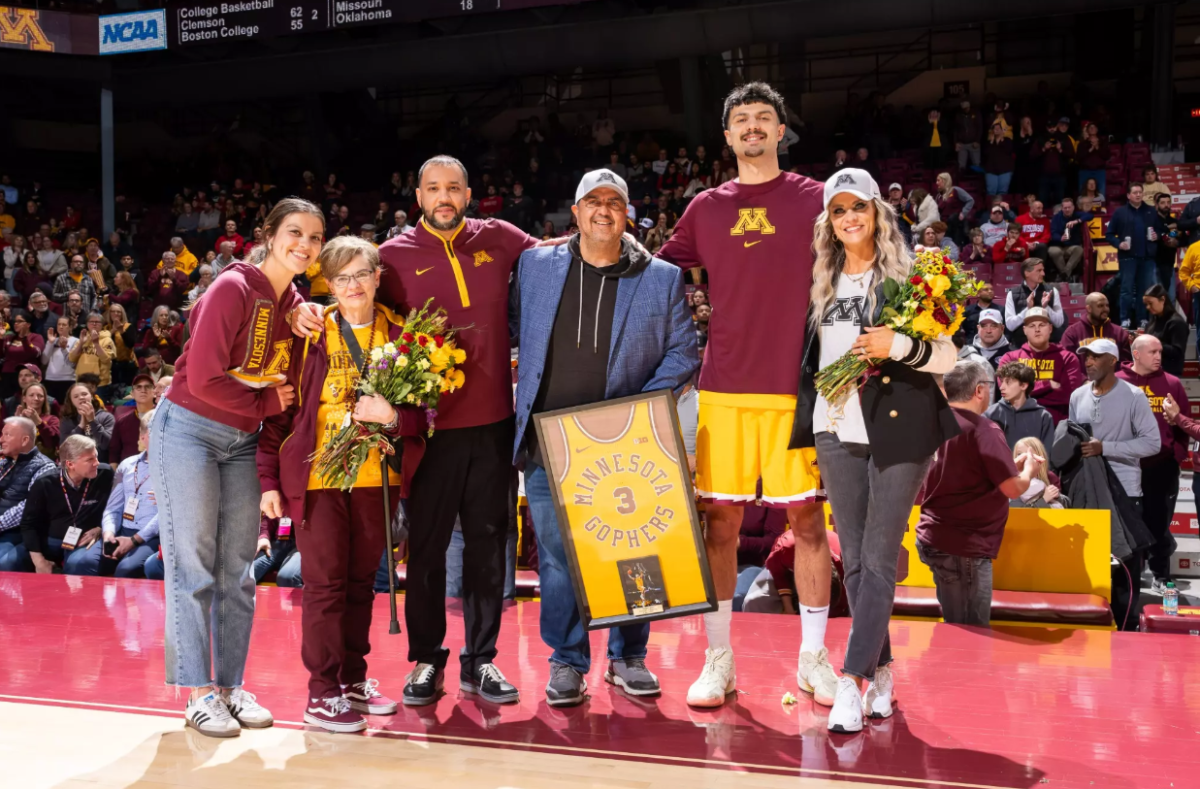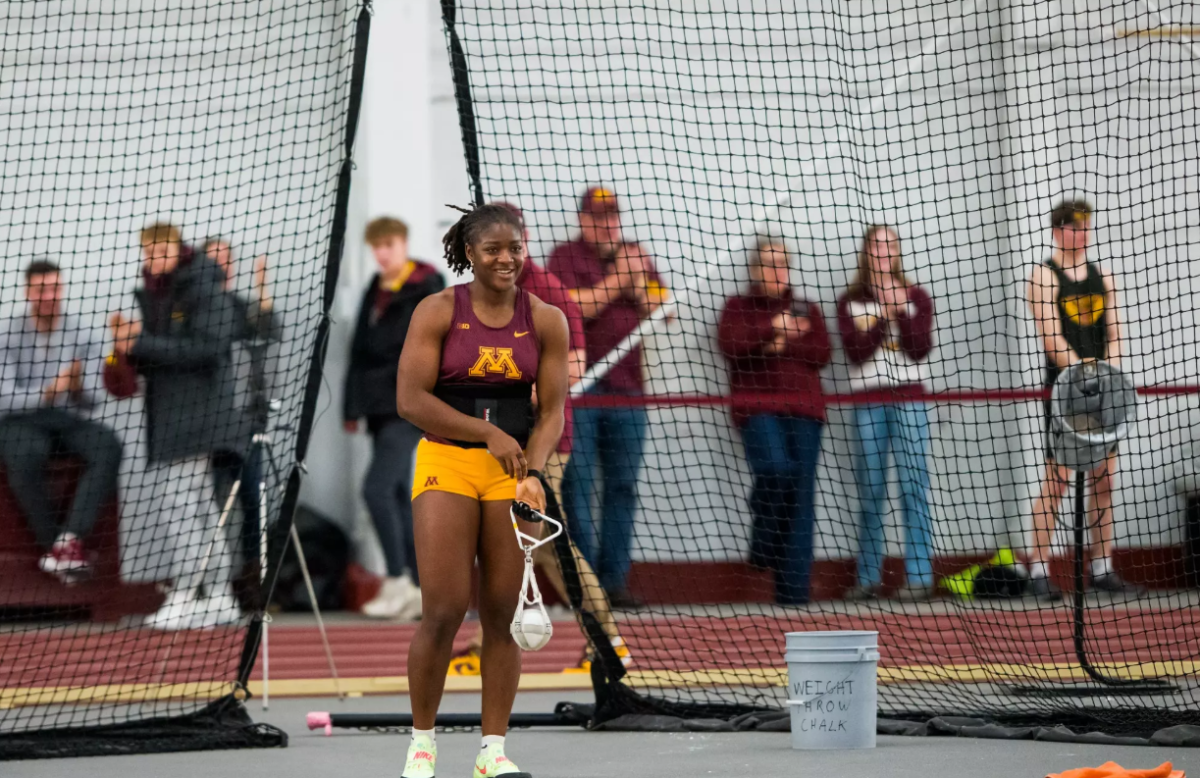>
THE PLAYERS
THE DEFENSE
Earl Gray
Earl Gray, a prominent criminal defense lawyer is representing Dominic Jones – the only player charged in the rape case thus far.
In April 2006, Gray helped former Vikings quarterback Daunte Culpepper get misdemeanor charges of lewd conduct cleared after a sex scandal aboard a yacht.
Gray said last week there are motions set for this week for the case, including a motion for immediate disclosure of discovery, which would grant access to all documents related to the case.
Gray said last week he didn’t have all the evidence necessary for the investigation, such as police reports.
Gray said Jones will plead not guilty in the case.
THE CHARGED
Dominic Jones
Hennepin County officials charged Dominic Jones with third degree criminal sexual conduct and police arrested him July 15. He posted a $25,000 bail the following week.
The bail came with conditions that Jones could not contact the victim and must check in with a parole officer twice a week until his trial concludes.
The maximum charge for third degree criminal sexual conduct is 15 years behind bars and $30,000 in fines.
Because Jones has no criminal history, his actual prison term could range from 41 to 58 months, which is the sentencing range for third degree criminal sexual conduct against “physically helpless” victims according to Minnesota Sentencing Guidelines.
According to court documents, the victim of the
alleged rape was “physically helpless.”
A probationary sentence is also possible, depending on the circumstances.
According to the Hennepin County Attorney’s office Web site, Jones’ omnibus – or pretrial – hearing is set for 9 a.m. on Sept.18.
Federal law states Jones has the right to a fair and speedy trial under the Sixth Amendment, which the defense can waive.
Davi Axelson, a University Law School graduate who has worked as a public defender for six years, said the state can ask for a sentence outside the sentencing range.
Axelson said that if Jones is convicted, a probationary sentence and registration requirements – where Jones would have to report to a probation officer – are also possible.
Jones remains a student at the University, said University spokesman Dan Wolter on Tuesday.
THE PROSECUTORS
Mike Freeman
As Hennepin County Attorney, Mike Freeman serves as the chief prosecutor of all adult felony crimes and juvenile offenders in Minneapolis.
Freeman assigns assistant prosecutors to cases and sometimes works as a mediator.
His office said the assistant county attorneys assigned to the case are Martha Holton Dimick and Marlene Senechal.
ADMINISTRATION
President Bruininks
For the administration, the charges against Jones hamper a carefully maintained image of integrity University officials try to project.
And as funds are being raised for a new $288.5 million football stadium, along with the recent hiring of new football coach Tim Brewster, the incident is even more damaging to the highly publicized football program.
Athletics Director Joel Maturi dismissed the four players – a decision that brought some criticism because three of the players haven’t been charged in the case.
University spokesman Dan Wolter said in an e-mail that, from an administration perspective, “there’s no question that this has been a difficult, challenging situation.
“Regardless of the outcome of the criminal proceedings, this entire episode does not reflect well on the institution,” he said. “We’ve got 50,000 students on the Twin Cities campus, so it’s impossible to think that the University can ensure that every one of them (makes) good choices.”
ROBERT McFIELD
Court documents allege that Robert McField brought the victim to the apartment and challenged her to a drinking contest before she consumed eight shots.
Chief of University Police Greg Hestness said after Jones was arrested that there is no evidence that McField forced anybody to take part in sexual activity, and “we don’t think he did.”
“He brought the woman there, but that’s not a crime in itself,” he added.
It is possible that either attorney would call McField to the stand.
The University dismissed McField after officials in St. Louis convicted him of two counts of armed robbery.
He pleaded guilty a month before the incident occurred in the apartment; however, he was still living in University Village at the time of the incident.
The University dismissed McField weeks after the incident, and he is currently serving a 12-year sentence in a St. Louis prison.
Mark Rotenberg, the University’s general counsel, said the case with McField was unusual because the University had to decide whether to dismiss him, despite a judge’s ruling that he could stay on campus.
“We acted on circumstances that are very unusual,” he said. “Typically, we let the criminal justice system make determinations.”
He said that McField committed the crime before he was a University student and never notified officials in his application process that he was charged.
“We determined that it was not appropriate to have that kind of risk on our campus,” Rotenberg said. “We simply had never had that happen before.”
‘VICTIM A’
Anonymous
The victim of the alleged rape has not been identified by name; however, it is known that she is an 18-year-old woman who isn’t a University student.
Mary Louis Fellows, a law professor who specializes in feminist theory in sexual violence, said the prosecuting attorney often attempts to protect the victim during the trial – especially during the cross-examination – because they have to relive the traumatic experience.
She said there are rape shield laws that protect the defending attorney from bringing up her sexual history, unless it involves relations with the defendant.
“If he’s had prior relations with her, then there’s more of a reason to believe that she was saying yes,” she said.
Lori Petersen, a University Law School alumna and attorney who specializes in sexual assault cases, said it would be easier for the victim to win a civil suit because proof does not have to be beyond a reasonable doubt.
Fellows said ultimately, in accordance with a strong state law, the defense must prove there was affirmative consent to the incident – that the victim said yes.
THE JUDGE
Undecided
Sometimes an overlooked and ubiquitous figure in criminal trials, the judge not only raps the gavel at the sound of verdicts and squabbling attorneys, but also is gatekeeper of his or her courtroom, deciding what kind of testimonies and evidence are permissible.
Who the judge is in the case is still up in the air.
Today, there is a hearing for a special judge, which Judge Margaret Daly – who typically does the scheduling – will preside over.
An official at the Hennepin County attorney’s office said today’s motion is being presented because it is such a high-profile case and it can’t go on the regular felony blocking system that rotates judges.
After today’s motion, a judge will be decided. That judge will be taken off the blocking system so he or she can stay with the case.
Officials at the office said they are not sure how long the trial will take to conclude.
THE SUSPECTS
Alex Daniels, E.J. Jones, Keith Massey
Police arrested Alex Daniels, E.J. Jones and Keith Massey on April 6 in connection with the alleged incident.
All three players, however, have not been charged and were released by police.
Athletics department officials dismissed the three from the team days after Jones’ arrest.
Of the three players, Daniels’ role in the case has perhaps been the most significant. Allegedly, he took a video of Jones performing a sex act on the woman at the apartment, leading to the charges against Jones.
All three players remain students at the University, said Wolter, adding that it is possible that action to change their student status under the Student Conduct Code could be taken at some point.
“With regards to team rules and policy, it is important to note that there is a higher level of expectations for student-athletes. It is an honor and privilege to be a student-athlete at an NCAA Division I institution like the University of Minnesota,” he said. “That demands level of conduct that reflects well on the program and the entire institution.”
He added, “When it comes to the letter of the law and who did what, the criminal justice system will have to iron out the answers. When it comes to representing the football program and Golden Gopher Athletics – both on and off the field – the coach needs to be the judge of that, which is what coach (Tim) Brewster did.”
Whether the three players will testify against Dominic Jones in his trial is unclear.
THE PLAN
TRIAL TIMELINE
Step 1:
Behind Closed Doors
Much of the pretrial work revolves around both the prosecuting and defense attorneys investigating the case. The attorneys will exchange documents relevant to the investigation and prepare for the case.
Today, there is a motion for a special judge to be assigned to the case because, according to the Hennepin County attorney’s office, the case is high-profile and might take up too much time to go on the regular felony blocking system.
Step 2:
The Omnibus Hearing
The hearing opens with charges made against the defendant. Attorneys hash out legal issues relevant to the case and police officials testify about how evidence was obtained.
The judge can decide which evidence is admissible in his or her courtroom.
The omnibus hearing for the Dominic Jones case is set for Sept. 18 at 9 a.m.
IF THE CASE CONTINUES …
Step 3:
PLEA BARGAINING
The defense will typically try to plea the sentence down on a condition that the defendant pleads guilty of the crime. If the defendant pleads innocent and no deal is struck, then a jury is chosen and the case goes to trial. The defense might waive the right to trial by jury, in which case, evidence is presented before a judge.


